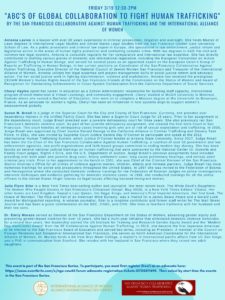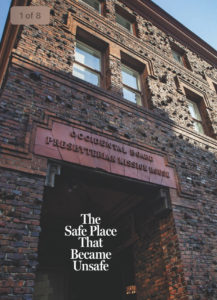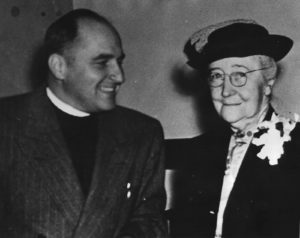In the early days of the pandemic, I began sculling on a creek flowing into the San Francisco Bay – a waterway that’s home to egrets, herons, and the occasional northern spotted owl. Wearing a mask inside the boathouse, I joined other fledgling rowers on a novice master’s team.
Four years later, I’m still rowing (despite a few pulled muscles early on and two comic-but-distressing moments when I flipped my single boat.) I lost fifteen pounds, vastly improved my strength, and am now on a women’s intermediate team.

I’ve made some good friends and learned important lessons as a late-in-life athlete: arriving at practice ten minutes before the 5:30 a.m. start time to make sure I have time to warm up my aging muscles, pitching in more than expected, staying positive, and accepting that some days–just like some strokes–will be better than others.
This is the first time I’ve been on a team. I was in seventh grade when Title IX, which prohibits sex discrimination in school sports and other activities, came into effect. I’d never competed athletically until I began rowing in my sixties, at the time when many of our friends are becoming grandparents.
To my delight, I’ve learned that advanced age can be an advantage as a competitive rower because of the sport’s handicapping system. My height, alas, at 5’3”, is not.
Yesterday, I competed in the first regatta of the season – the Pacific Invitational Regatta on Lake Merced in San Francisco. I rowed in a quad – a four-woman scull where each rower has two oars (as opposed to sweep rowing, where each of the eight rowers only has one oar.) I was seated behind our far more experienced lead rower – our stroke, Jennifer Bowman – and my job was to support and mirror her movements as closely as possible.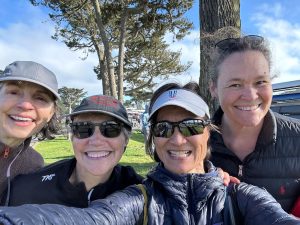
Our results weren’t anything to boast about. Fighting the wind and a crowded course, we hit a buoy at the end of the course – a three (in our case four) stooges-like move that you can only laugh about afterwards. As the photo our our boat shows, I have a lot more to learn (my catch, the moment when the blade enters the water is not matching up with Jenn’s.)
But we had a lot of fun and my affection for my teammates has only deepened. I sought out the boathouse as a way to exercise safely during a period of profound isolation. I’ve stayed for the comradery, which is just important as exercise to healthy aging and a happy life.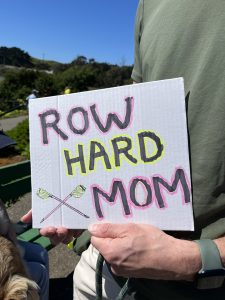


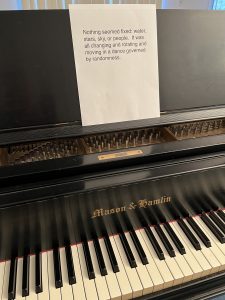

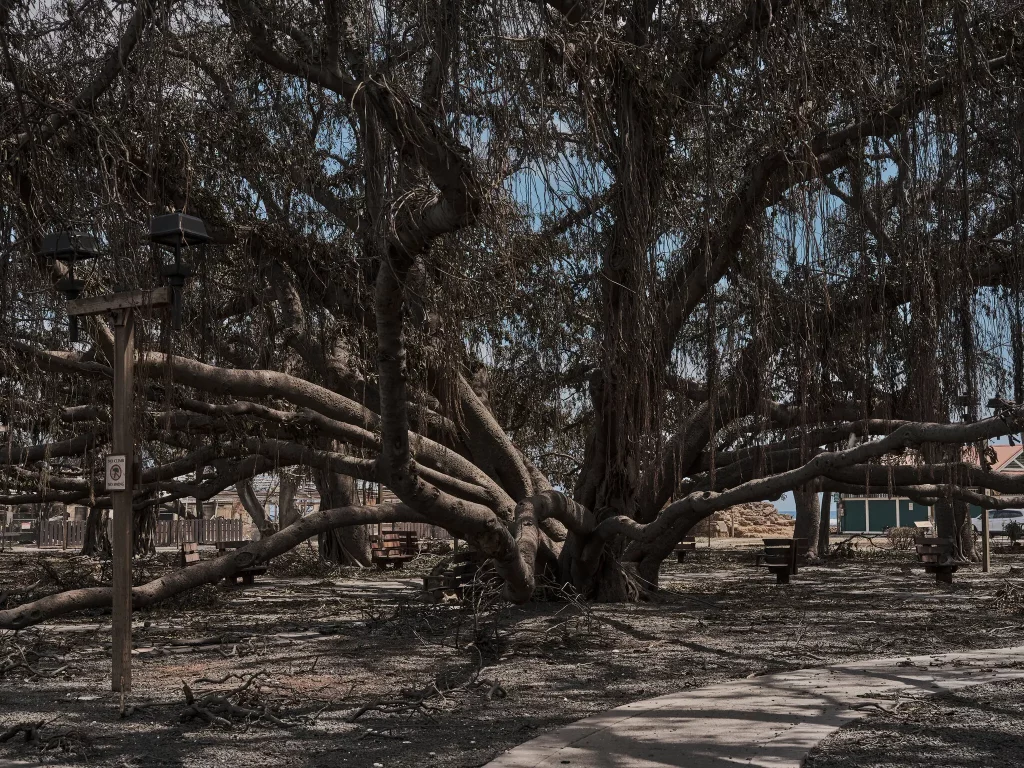

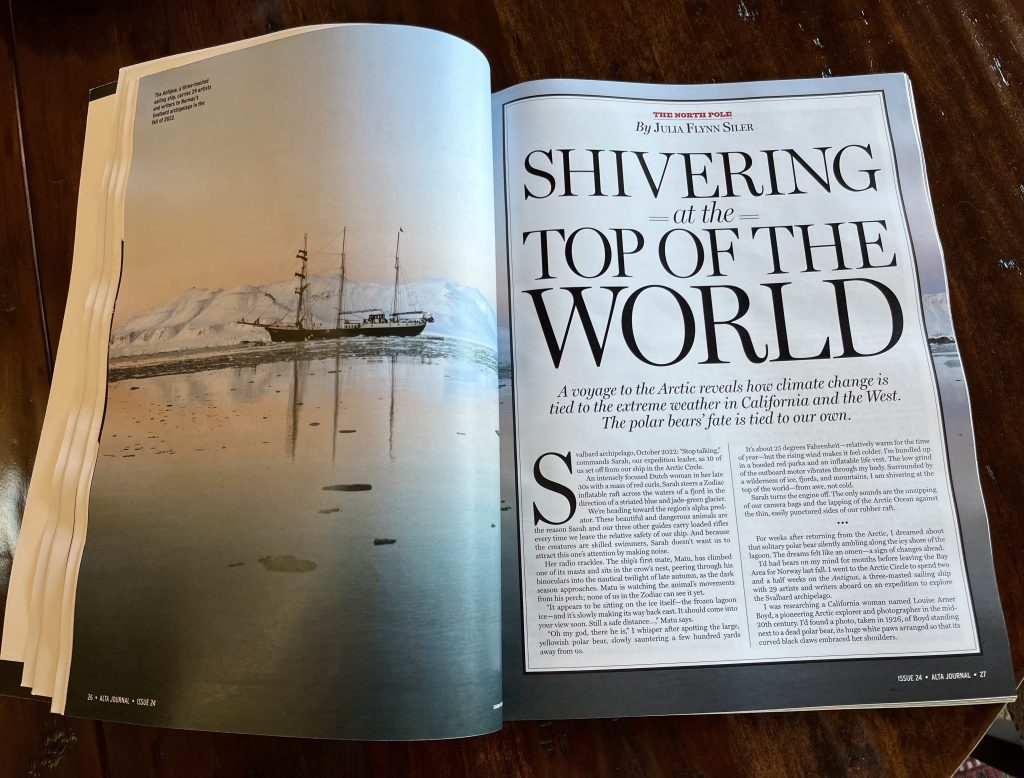

 Joan Didion, Ishmael Reed, Amy Tan, Hector Tobar, and Viet Thanh Nguyen, have been honored with California Book Awards.
Joan Didion, Ishmael Reed, Amy Tan, Hector Tobar, and Viet Thanh Nguyen, have been honored with California Book Awards.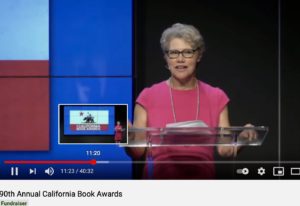
 Since I’d never fully listened to the audio version of
Since I’d never fully listened to the audio version of 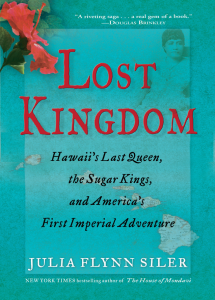


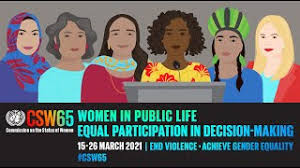 The event is being organized by the
The event is being organized by the 
